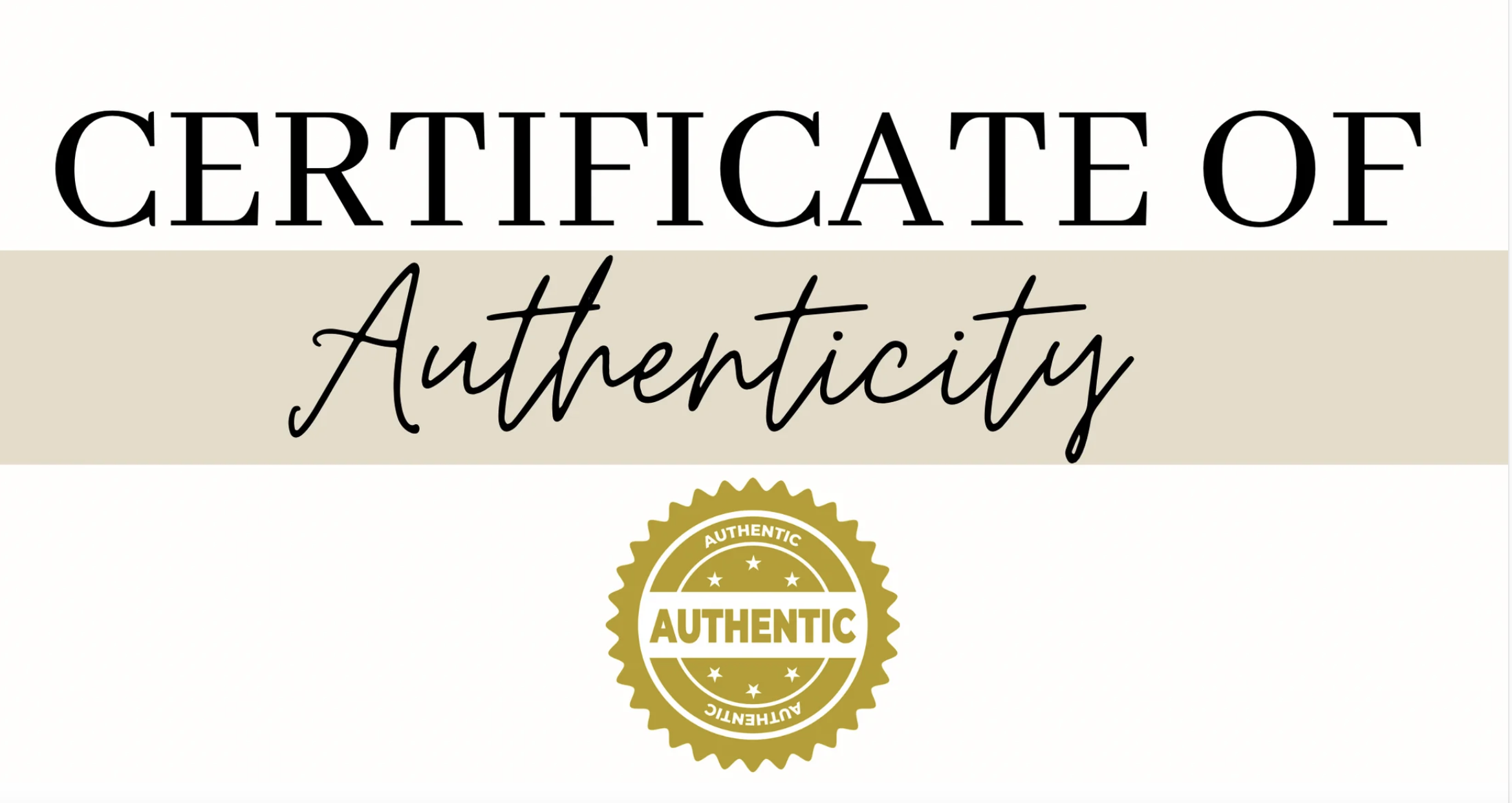Introduction
Today, I would like to begin a project whose like I have never attempted before. Over the next several months, I will provide a detailed commentary on a short book that Theodor Adorno published in 1964, in the run-up to Negative Dialectics. That book, The Jargon of Authenticity, has never attracted much interest, in German or in English. It’s not that readers make it through the book and then decide they don’t like it. They mostly don’t read it. Or they take it up and soon set it down again, thirty pages into the thing and still unsure what Adorno is up to. This is entirely understandable. The book is a roundhouse attack on a certain intellectual scene as it took shape in Germany in the 1950s and early ‘60s, the milieu of a right-leaning existentialism whose presiding gurus were Martin Heidegger and Karl Jaspers. But Adorno barely even uses the word “existentialism,” which the Sartreans had come by that point to monopolize, and he is not especially interested in his opponents’ philosophical positions. He is interested, rather, in how existentialism had, by 1964, degenerated into set of commonplaces, and he expects the reader to be able to recognize this sub-philosophical boilerplate. But then we are emphatically not in a position to recognize that boilerplate. History (and a foreign language) have drawn a curtain over Adorno’s efforts.
Worse, the few intellectual historians who have bothered to comment on The Jargon of Authenticity have concluded that it is minor Adorno—or even unworthy of him. They miss the dialectical intricacy of his more famous engagements with Heidegger — the ones that take Heidegger seriously as a philosopher and offer to meet him on his own ground. By the standards of Negative Dialectics (or of the now published lectures on Ontology and Dialectics), The Jargon can seem merely polemical or perhaps “sociological,” for which read “Marxist.” But then this, of course, is precisely the interest of the volume. Adorno is tracking the fate of a philosophy when it gets picked up by people who aren’t exactly philosophers, and he has changed his grip accordingly. If you want to figure out the work that a philosophy does—in the world and not just at the seminar table—it won’t be enough to read the masters. You will have to take seriously the B-listers and garbled enthusiasts, the people who seize on a philosophy’s key terms and strip them of their native subtlety. This is worth our attention for at least two reasons: First, Adorno here expands his at least somewhat well-known critique of Heidegger to many other figures, including a few intellectuals (like Buber) with whom we might have expected him to have some sympathy. Heidegger, after all, makes things easy for the critical theorist, who can always just cry “Nazi!” and claim victory. But what do we say about the Existenzphilosophen who weren’t fascists, who opposed the Nazis or were almost killed by them? Second, one suspects that all successful philosophies suffer the fate that Adorno traces here; that they are all made to yield a jargon, a bundle of memes and buzzwords. One suspects, indeed, that the list of such philosophies would include critical theory itself, with or without the capital K. And we might well be grateful for Adorno’s help in thinking about this problem. Philosophy cannot realize itself unless it is taken up as a project, and by many readers at once. But if a philosophy is widely taught, the most likely effect, at least in the middle term, is that it will become the common property of the educated classes, an acquired idiom for a society’s more successful members to justify their very advantages. Existentialism, says Adorno, outs itself as the “snooty crowing of come-down gentlemen.” To which we must add: Speaking the lingo of critical theory is by now mostly just evidence that you went to a good school.
Some practicalities: Anyone wanting to read along could grab a copy of the 1973 Jargon of Authenticity, translated by Knut Tarnowski and Frederic Will. We should be grateful to anyone who completed an Adorno translation fifty years ago, without the benefit of the extensive Frankfurt apparatus now available in English. But the translation is as error-prone as one would expect of such a pioneering effort, and I will often amend it without explanation.
Also: I have a companion in this project, Justin Piccininni of Williams College, who first suggested that The Jargon deserved a closer look. There is very little in the book that I would understand if it weren’t for conversations with him.

